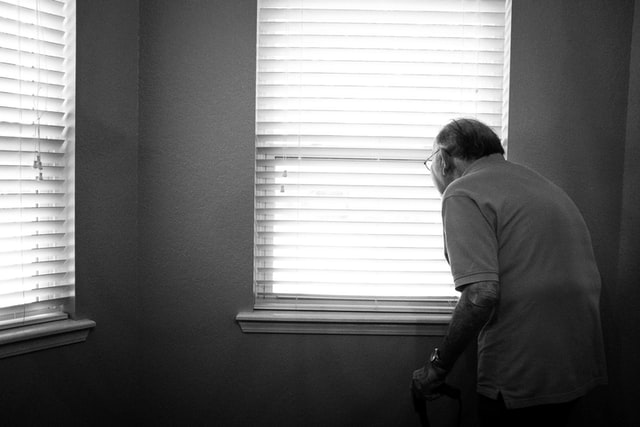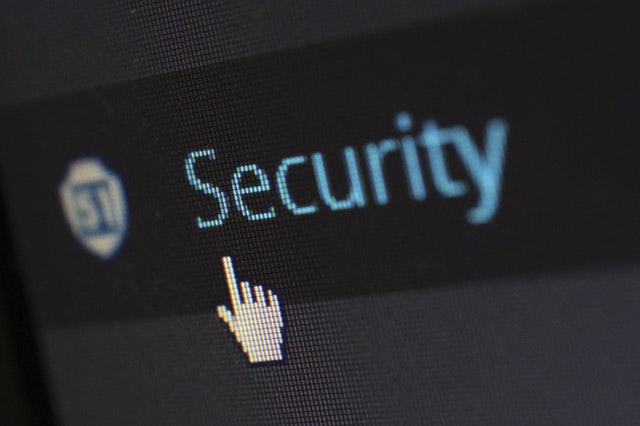Safeguarding resources
To report a Safeguarding concern in Cornwall:

Safeguarding Adults 0300 1234 131
Safeguarding Children Multi Agency Referral Unit (MARU) 0300 123 1116
Outside office hours. If someone is in danger and unable to protect themselves, or cannot remain in the community without immediate intervention, call 01208 251300.
Call the police on 999 in an emergency.
Safeguarding adults email: [email protected]
Safeguarding children email: [email protected]
If you are not a professional involved with the child or family, you do not have to give your name and your conversation will be treated confidentially.
Scams

The internet is an amazing place – but when you are using the internet you may need to think about staying safe online. Some quick tips:
STOP - Take a moment to stop and think before parting with your money or information could keep you safe.
CHALLENGE - Could it be fake? It’s OK to reject, refuse or ignore any requests. Only criminals will try to rush or panic you.
PROTECT - Contact your bank immediately if you think you’ve fallen for a scam and report it to Action Fraud.
This advice is based upon the Take Five Campaign
Take Five: Stop Fraud Campaign
For the most up-to-date and comprehensive advice on safeguarding yourself and others against scams, please visit Devon & Cornwall's Police FAQ page.
You may also find the following useful resources:
Learn My Way
Use these lessons from Learn My Way to help you stay safe- Please note that you will need to make an account with the website to access the subject.
Digital Unite
Here you will find guides written by, or carefully selected by Digital Unite. Each of our own guides can be printed out for your own reference.
Age UK
This booklet from Age UK has a section on staying safe online and also some excellent advice on how to avoid other scams.
Equifax
Some great advice from Equifax on spotting phishing emails and texts.
Which?
These guides from Which? Help steer you past potential hazards so you can browse the web with confidence.
Groups
A few things to consider when setting up or running an Informal Community.

This guide is meant as a starting point to help volunteers, leaders and those we are helping stay safe. It is not a set of rules to follow, but is intended to stimulate thought. Each group will need to create their own ways of working to suit their area and their community. It has been put together to help you avoid unintended negative consequences while you do your best to help those in need. Misunderstandings and raised tempers can be common in stressful situations. Although everyone’s motives within your group are genuine, it is important that you take steps to protect the vulnerable and volunteers from the virus and also from malicious/false allegations, stress, overload and abuse.
Things you may need to consider
Who else?
- Before doing anything, check if anyone else has already set something up in your area. Go to Cornwall Link to check in the first instance. New groups are being updated all the time!
Your objectives
- Be clear about what you want to achieve. It might be to help housebound people with shopping, to set up a system to identify and reach out to those in need, and/or to support people facing financial hardship due to loss of income. Your objectives may change over time. Try to ensure that everyone involved understands what you’re doing so your activities are coordinated and expectations are managed.
Risks
- Complete a risk assessment – looking at the risk to people being helped, volunteers, organisers.
- Draw up some simple advice to volunteers and those they are helping to reduce the risk of transmitting the virus. For instance, not entering a home; keeping a safe distance, washing hands before handling shopping.
- What methods will you have in place for a volunteer to report someone potentially having the virus?
- What procedures will you follow to reduce the risk from scammers and false accusations? For instance, volunteers never taking a bank card to pay for shopping or to get cash; certain named volunteers dealing with cash; limiting the cost of any shopping; volunteers not entering people’s homes; buddying volunteers.
- If the situation continues for an extended period, you may also wish to consider having different volunteers help the same person (this reduces the possibility of inappropriate relationships forming).
Wellness
- Ways to mitigate volunteers receiving calls at inappropriate times of the day and night?
- Ways to reduce the stress and demands on volunteers.
- Have a plan for volunteers coming down with the virus. How will you cover? How will you support the volunteer?
Expectations
- In moments like this everyone wants to help, which means people may put themselves in uncomfortable situations. Make sure all your volunteers are aware of expectations, and that they are not required to do anything beyond the agreed task.
- Will volunteers shop for alcohol, tobacco, pharmaceutical drugs? If you have a policy of not buying alcohol you may wish to consider uncomfortable aspects such as that alcohol withdrawal can be life threatening for someone who is alcohol dependent.
- How will you deal with complaints if a volunteer has to substitute products or if items are missing?
Data
- With so much going on, it might be easy to forget that if you hold someone’s data (phone number, address, etc) you have a duty to keep this safe. Simple precautions such as password protecting electronic documents and locking away printed documents will suffice.
Safeguarding
- What criteria will you have as to who can volunteer and how? Older volunteers may still be able to help with administration, even if self-isolating. Will you have a minimum age?
- Will a member of your group act as the safeguarding lead? How will people report concerns? Will you provide your volunteers with information and telephone numbers to report safeguarding concerns?
- What advice will you give volunteers if they are concerned that someone needs medical treatment?
Use the Safeguarding information at the top of this page if you need to report an issue.
Advice and Support for Community Groups
For more detailed information and guidance and for help putting procedures in place, contact Cornwall Rural Community Charity – [email protected]

